3 Win Nobel Prize in Physics for Work to Understand Cosmos
Cosmologist James Peeples is credited with creating theoretical framework about the universe while two Swiss scientists found exoplanet.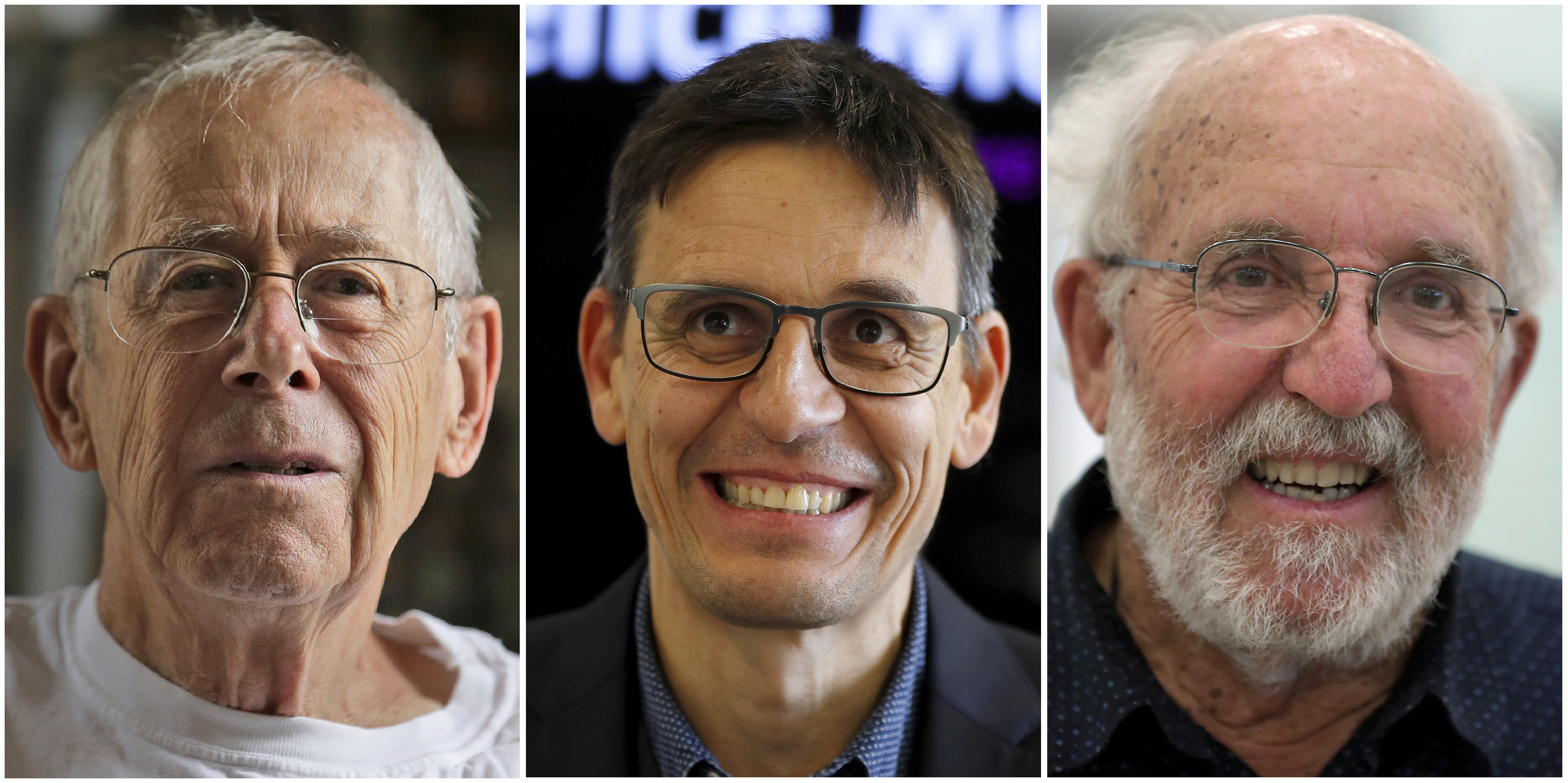 This combination of photos from Tuesday shows the Nobel Prize winners in physics, from left, James Peebles in Princeton, N.J., Didier Queloz in London and Michel Mayor in Madrid. (Associated Press)
This combination of photos from Tuesday shows the Nobel Prize winners in physics, from left, James Peebles in Princeton, N.J., Didier Queloz in London and Michel Mayor in Madrid. (Associated Press)
STOCKHOLM — A Canadian American cosmologist and two Swiss scientists won this year’s Nobel Prize in Physics on Tuesday for exploring the evolution of the universe and discovering a new kind of planet, with implications for that nagging question: Does life exist only on Earth?
Canadian-born James Peebles, 84, an emeritus professor at Princeton University, won for his theoretical discoveries in cosmology. Swiss star-gazers Michel Mayor, 77, and Didier Queloz, 53, both of the University of Geneva, were honored for finding an exoplanet — a planet outside our solar system — that orbits a sun-like star, the Nobel committee said.
“This year’s Nobel laureates in physics have painted a picture of the universe far stranger and more wonderful than we ever could have imagined,” said Ulf Danielsson of the Royal Swedish Academy of Sciences, which selected the laureates. “Our view of our place in the universe will never be the same again.”
Peebles, hailed as one of the most influential cosmologists of his time who realized the importance of the cosmic radiation background born of the Big Bang, will collect one half of the 9-million kronor ($918,000) cash award. Mayor, who is an astrophysicist, and Queloz, an astronomer who is also at the University of Cambridge in Britain, will share the other half.
The Nobel committee said Peebles’ theoretical framework about the cosmos — and its billions of galaxies and galaxy clusters — amounted to “the foundation of our modern understanding of the universe’s history, from the Big Bang to the present day.”
His work, which began in the mid-1960s, set the stage for a “transformation” of cosmology over the last half-century, using theoretical tools and calculations that helped interpret traces from the infancy of the universe, the committee said.
A clearly delighted Peebles giggled repeatedly during a phone interview with The Associated Press, recalling how he answered a 5:30 a.m. phone call from Stockholm thinking that “it’s either something very wonderful or it’s something horrible.”
“I have a peaceful life,” he said, laughing. “It’s somehow now totally messed up!”
He added that he looked forward to traveling to the Swedish capital with his wife and children to accept the prize.
“I’ve always loved Bob Dylan. I can’t forgive him for not showing up to the scene of his Nobel prize,” he said, referring to the singer-songwriter’s refusal to participate in Nobel ceremonies after he won the 2016 literature prize. “It’s very disconcerting,” he said with a chuckle.
Mayor and Queloz were credited with having “started a revolution in astronomy” notably with the discovery of exoplanet 51 Pegasi B, a gaseous ball comparable with Jupiter, in 1995 — a time when, as Mayor recalled — that “no one knew whether exoplanets existed or not.”
“Prestigious astronomers had been searching for them for years, in vain!” Mayor quipped.
The committee said more than 4,000 exoplanets have since been found in the Milky Way since then.
“Mayor and Queloz pioneered the path that will allow our generation to address one of the most exciting questions in science: Are we alone?” wrote Avi Loeb, chair of the Harvard University astronomy department, in an email.
“We now know that about a quarter of all stars have a planet of Earth’s size and surface temperature, with the potential of hosting liquid water and the chemistry of life on its surface,” he said.
Queloz was meeting with other academics interested in finding new planets when the press office at Cambridge University interrupted to tell him the big news: He had won the Nobel. He thought it was a joke at first.
“I could barely breathe,” Queloz told the AP. “It’s enormous. It’s beyond usual emotions. My hand was shaking for a long time. I’m trying to digest it.”
Mayor said he found out he was one of the winners “by chance” when he logged onto his computer after leaving the hotel where he had been staying in San Sebastian, in northern Spain.
Though he knew he had been nominated several times before, the Swiss professor said he was “absolutely not expecting this.”
The award follows “a long, long period of work, with colleagues. It’s a huge honor,” he told reporters after arriving in Madrid, where he was to speak at scientific events this week.
Swedish academy member Mats Larsson said this year’s was “one of the easiest physics prizes for a long time to explain.”
“If there are a hundred billion planetary systems, with maybe 10 billion planetary systems with Earth-like planets, it would be highly unlikely and against all physical theories to assume that life only developed on our planet,” he added.
The cash prize comes with a gold medal and a diploma that are received at an elegant ceremony in Stockholm on Dec. 10, the anniversary of the death of prize founder Alfred Nobel in 1896, together with five other Nobel winners. The sixth one, the peace prize, is handed out in Oslo, Norway on the same day.
This was the 113th Nobel Prize in Physics awarded since 1901, of which 47 awards have been given to a single laureate. Only three women have been awarded it so far: Marie Curie in 1903, Maria Goeppert-Mayer in 1963 and Donna Strickland in 2018, according to the Nobel website.
On Monday, Americans William G. Kaelin Jr. and Gregg L. Semenza and Britain’s Peter J. Ratcliffe won the Nobel prize for Physiology or Medicine, for discovering details of how the body’s cells sense and react to low oxygen levels, providing a foothold for developing new treatments for anemia, cancer and other diseases.
Nobel, a Swedish industrialist and the inventor of dynamite, decided the physics, chemistry, medicine and literature prizes should be awarded in Stockholm, and the peace prize in Oslo.
The Nobel Prize for Chemistry will be announced Wednesday, two Literature Prizes will be awarded on Thursday, and the Peace Prize comes Friday. This year will see two literature Prizes handed out because the one last year was suspended after a scandal rocked the Swedish Academy.
___
Associated Press writers Jan M. Olsen in Copenhagen, Denmark; Jamey Keaten in Geneva; Danica Kirka in London, and Christopher Chester and Malcolm Ritter in New York contributed to this report.
___
Read more stories on the 2019 Nobel Prizes by The Associated Press at https://www.apnews.com/NobelPrizes
Your support is crucial…With an uncertain future and a new administration casting doubt on press freedoms, the danger is clear: The truth is at risk.
Now is the time to give. Your tax-deductible support allows us to dig deeper, delivering fearless investigative reporting and analysis that exposes what’s really happening — without compromise.
Stand with our courageous journalists. Donate today to protect a free press, uphold democracy and unearth untold stories.

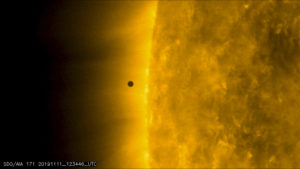
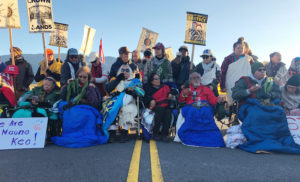

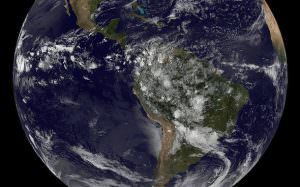
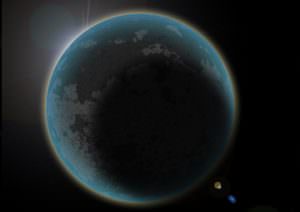
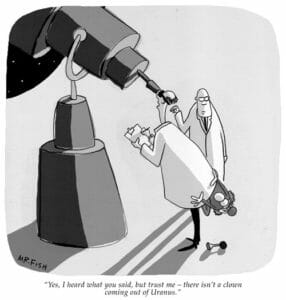


You need to be a supporter to comment.
There are currently no responses to this article.
Be the first to respond.